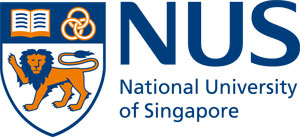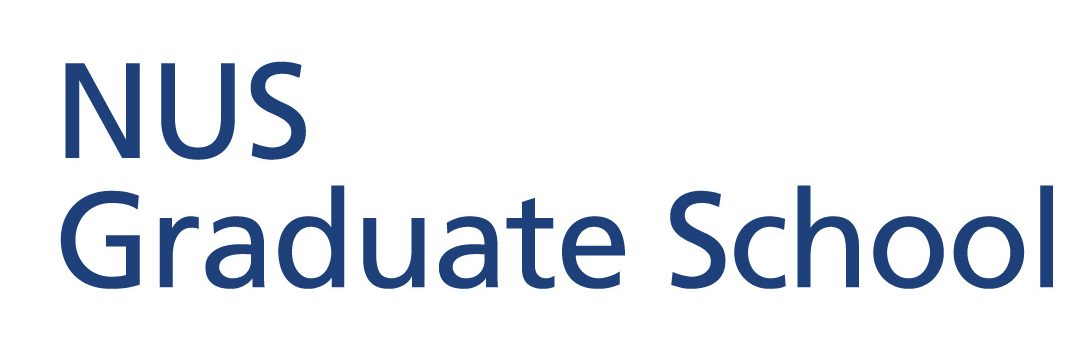FAQs - Thesis Advisors
NUS faculty staff will apply directly to ISEP using the relevant application form (with the supporting material specified in the Application Form), downloadable from ISEP website. The application should be endorsed by the applicant’s Head of the Department and Dean and will be reviewed by an ISEP Membership Committee.
RI staff: Upon recommendation from the Executive Director (ED) of the RI, the application must be endorsed by the ED of AGA and Chairman of A*STAR. Approved applications will be sent to ISEP for review.
- An enthusiasm for the aims of ISEP
- International distinction in research of an integrated nature
- Good track record of student supervision
- Time and willingness to guide and mentor ISEP students to conduct integrative research.
- Time and willingness to participate in various ISEP activities, including curriculum design, innovative coursework, interviews, student recruitment, symposiums and conferences.
- Time and willingness to promote the ISEP program.
The review process may take up to 2-3 months from the point ISEP receives the application documents.
No, staff remains under their home Department and Faculty. They are responsible to ISEP only for supervision of ISEP students and a limited amount of graduate teaching.
ISEP does not assign students to thesis advisors. ISEP students are advised to refer to the ISEP website for the list of approved thesis advisors and their research information. Students will contact the prospective thesis advisors directly.
- Work with the student to prepare a project proposal that has clear aims, projections and expectations.
- Ensure that the progress of the student is monitored by meeting him/her as frequently as necessary. The meeting should take place at least once a month for the purpose of constructive review and feedback. These meetings are in addition to TAC meetings.
- Clearly define the roles of other research staff (e.g. post-doctoral scientists) who may be involved in the supervision, at the start of the PhD programme. Any such arrangement should be communicated to ISEP promptly.

